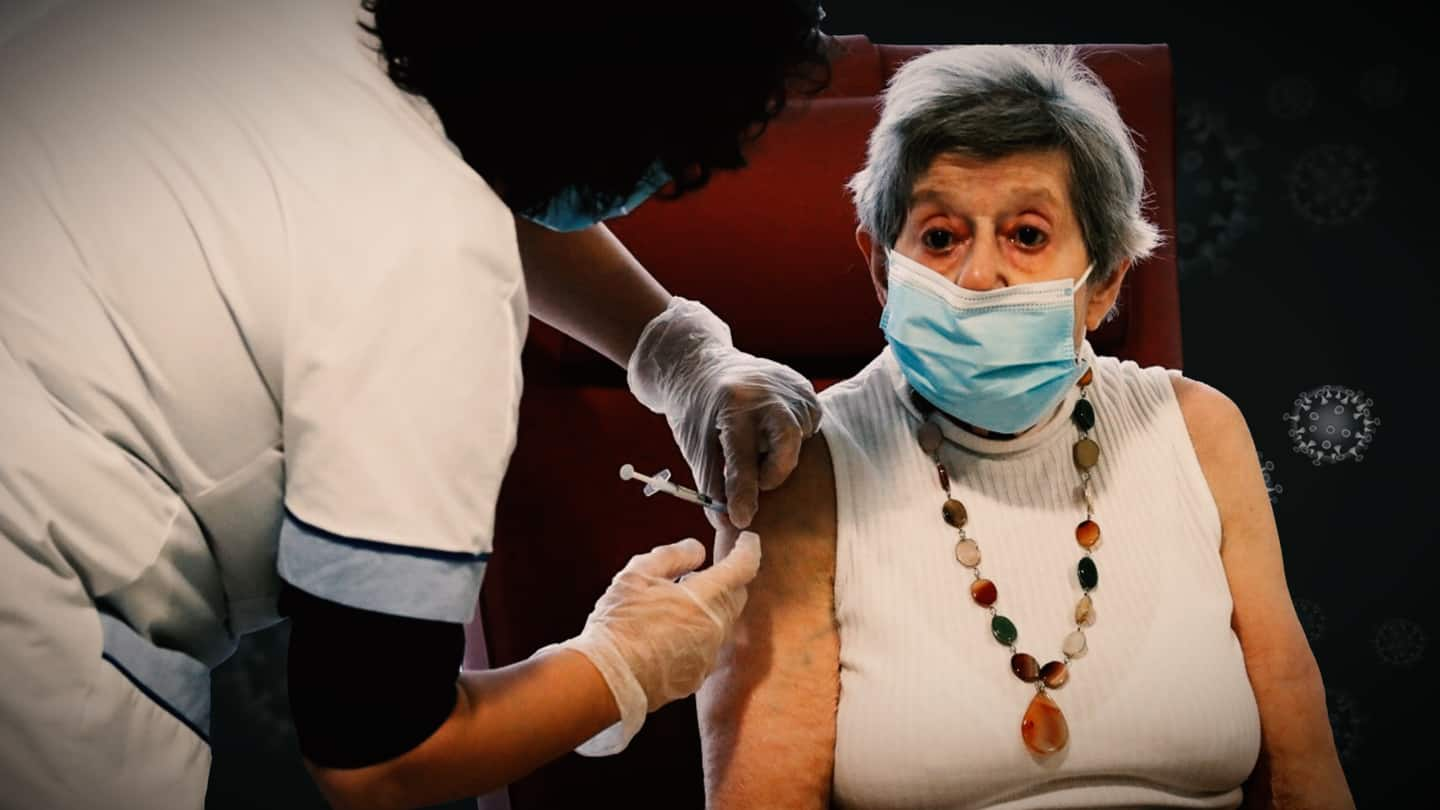
Coronavirus: Why are people in France hesitant to get vaccinated?
What's the story
Over a year into the coronavirus pandemic, several accelerated vaccines have offered hope in containing the number of infections globally. However, people in France have grown quite hesitant to take the COVID-19 vaccines, putting the wealthy nation with access to jabs in a tough spot. What led to the public's reluctance to take the vaccine? And what is the government doing to combat it?
Attitude
People's attitudes changed after health controversies
The French public used to be quite supportive of vaccination decades ago. However, several health controversies since the 1990s have caused a shift. The government had knowingly distributed transfusions of HIV-contaminated blood, causing hundreds of deaths. The Health Minister was convicted of manslaughter. Later, there were concerns the country's Hepatitis B vaccination program was connected to a rise in multiple-sclerosis cases.
Swine flu
Government spent funds on 'unnecessary' swine flu vaccines in 2009
In 2009, the government had also launched a mass-vaccination campaign to stem the spread of swine flu. The government had purchased more than enough doses to vaccinate its 65 million-strong population. However, people were not willing to get vaccinated as the illness did not really affect France. Many had criticized the government for spending money on unnecessary vaccines, which benefited pharmaceutical companies, critics said.
Survey
38% people had unfavorable attitude toward vaccination by 2010
By 2010, 38.2% of the French public had unfavorable attitude toward vaccination, up from 9.6% in 2005, a survey had found. Among the 38.2%, only 5% were opposed to getting any vaccine. The remaining cited issues with certain vaccines, including Hepatitis B, swine flu, etc. Last month, another survey found that confidence in the government has not exceeded 35% in more than a decade.
COVID-19 vaccine
Over 50% don't trust AstraZeneca's vaccine
Recently, a poll found that more than half the people in France no longer trust the vaccine developed by Oxford University and AstraZeneca; up from 22% earlier this month. In December, pollster Ipsos MORI and the World Economic Forum had estimated that roughly 40% of French people are willing to receive a COVID-19 vaccine. This is the least among all 15 countries surveyed.
Government
Government's fickle approach to be blamed?
French President Emmanuel Macron had in January declared the AstraZeneca vaccine was "quasi-ineffective" for people aged over 65. After studies found the claim untrue, the government declared that it was safe for the elderly. This week, France suspended AstraZeneca rollout after 37 (out of 17 million) vaccine recipients had developed blood clots. The European Medicines Agency has now declared the vaccine "safe and effective."
Plan
What is the government doing to change people's attitude?
The government is planning to open more vaccination centers to meet its target of vaccinating 30 million people by the summer. Thus far, France has only managed to vaccinate five million people. The government is also planning to get primary-care doctors and pharmacists to help distribute vaccines. Further, it is promoting a series of advertisements to encourage the public to receive COVID-19 vaccines.